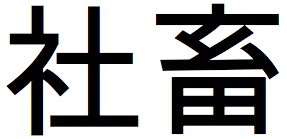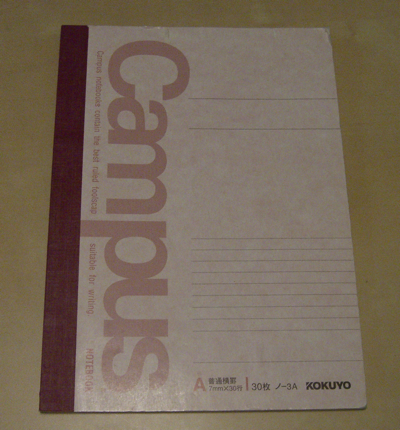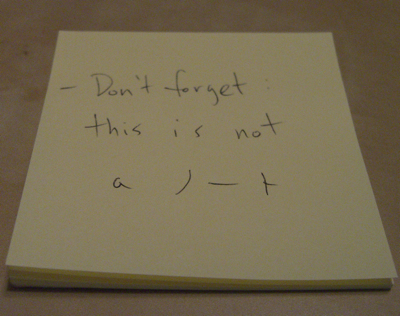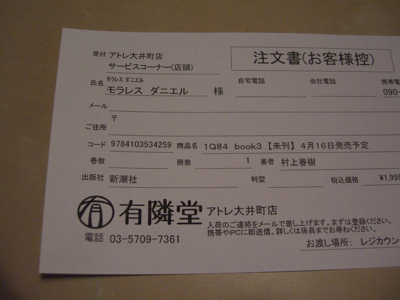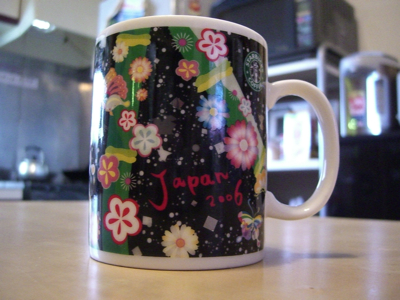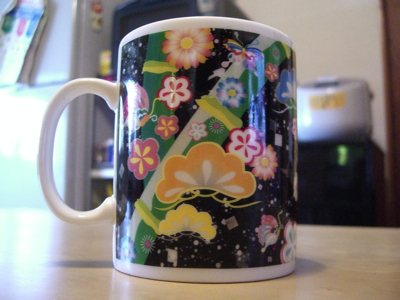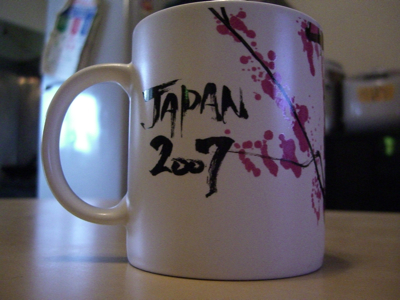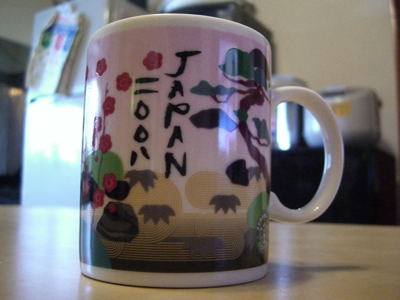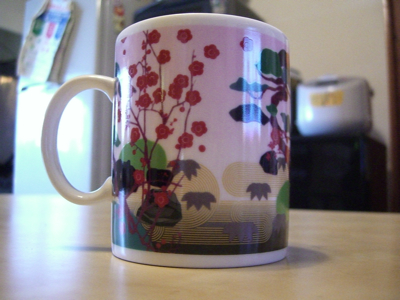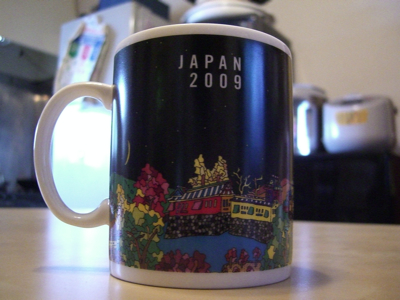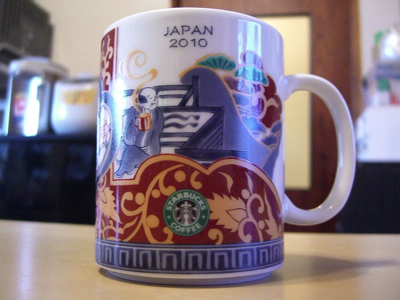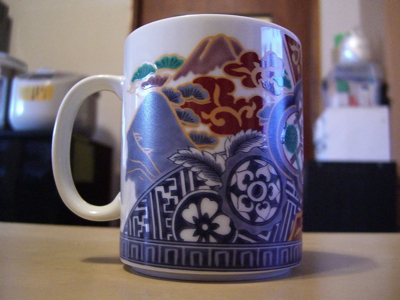Check me out at Japan Pulse again, this time writing about baumkuchen. I told my roommate I was writing about バウム, and she was like, バウムクーヘン? That was a なるほど moment for me because I had been saying it バウムクーチェン in my mind. I should really know better, especially since I learned the correct pronunciation of rauchbier from Japanese (ラオホ). It’s clearly just as difficult for Japanese to get at guttural German sounds as it is for Americans, maybe even more so. Reminds me of some passages from Chapter 8 of Don DeLillo’s White Noise:
I’d made several attempts to learn German, serious probes into origins, structures, roots. I sensed the deathly power of the language. I wanted to speak it well, use it as a charm, a protective device. The more I shrank from learning actual words, rules and pronunciation, the more important it seemed that I go forward. What we are reluctant to touch often seems the very fabric of our salvation. But the basic sounds defeated me, the harsh spurting northernness of the words and syllables, the command delivery. Something happened between the back of my tongue and the roof of my mouth that made a mockery of my attempts to sound German words.
He hires a German tutor named Howard Dunlop:
He said he was a former chiropractor but didn’t offer a reason why he was no longer active and didn’t say when he’d learned German, or why, and something in his manner kept me from asking.
We sat in his dark crowded room at the boarding house. An ironing board stood unfolded at the window. There were chipped enamel pots, tray of utensils set on a dresser. The furniture was vague, foundling. At the borders of the room were the elemental things. An exposed radiator, an army-blanketed cot. Dunlop sat at the edge of a straight chair, intoning generalities of grammar. When he switched from English to German, it was as though a cord had been twisted in his larynx. An abrupt emotion entered his voice, a scrape and gargle that sounded like the stirring of some beast’s ambition. He gaped at me and gestured, he croaked, he verged on strangulation. Sounds came spewing from the base of his tongue, harsh noises damp with passion. He was only demonstrating certain basic pronunciation patterns but the transformation in his face and voice made me think he was making a passing between levels of beings.
Maybe that explains why it’s so much fun to pronounce rauch accurately. Could also explain why rauchbier is so tasty. No real reason to post those passages other than that I like them and think about them when I try to pronounce difficult German words. I like how Japanese takes pronunciation of words straight from the mother tongue. I think many Americans, and perhaps I at one time, assumed that all loan words came from English – a crime which Japanese themselves are guilty of on occasion. Remind me to tell you a funny story about the word rendezvous sometime.
In other news, I have a review of Tea Market G Clef online at CNNGo Tokyo. I randomly came across the store while I was shopping in Kichijoji back in 2006. Kawasaki-san, the owner, is a really nice guy who speaks English in a quiet voice and is quick to offer his latest teas for sampling. I highly recommend the Waffle Sandwich set at the nearby Tea Salon. It’s the perfect portion size and an amazing combination of flavors – go for the bacon mushroom.


